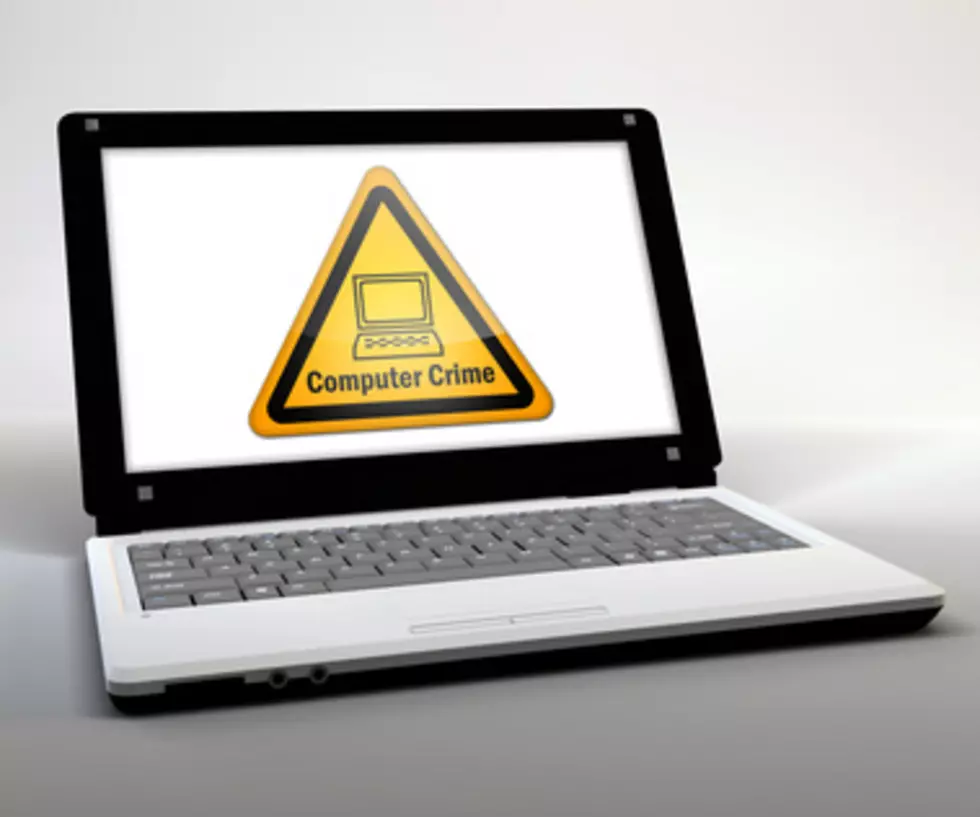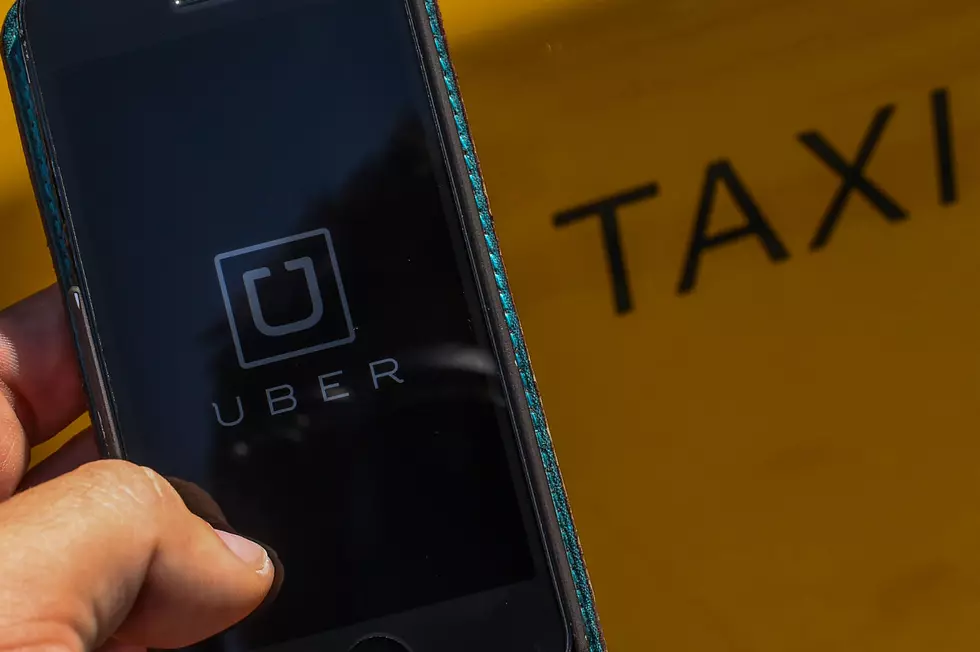
Update Your Software to Help Prevent Ransomware
Ransomware attacks are becoming a regular occurrence, locking computers and networks using file encryption software, with hackers demanding payment by Bitcoin or other non-traceable crypto-currency to release the data.
The attack typically enters through a phishing email and then spreads to other machines on the same network.
Better Business Bureau joins with the National Cyber Security Alliance in suggesting the following cyber hygiene defenses:
Don’t click on links from unfamiliar sources. Even if you think you know the sender, be cautious about clicking on email links. When in doubt, delete it. Be especially wary of messages requiring you to act quickly, asking for personal information, or threatening you in any way.
Keep clean machines: Prevent infections by updating critical software as soon as patches or new operating system versions are available. This includes mobile and other internet-connected devices.
Use strong authentication, requiring more than a username and password to access accounts, especially critical networks, to prevent access through stolen or hacked credentials. Check out Lock down your login or more information.
Conduct regular backups of systems: Systems can be restored in cases of ransomware and having current backup of all data speeds the recovery process.
Make better passwords: In cases where passwords are still used, require long, strong and unique passwords to better harden accounts against intrusions.
Businesses need to take special precautions when it comes to protecting their customers’ information. regarding the use of their information.
Consumers can learn more about avoiding scams and fraud at bbb.org/scamtips.
More From









